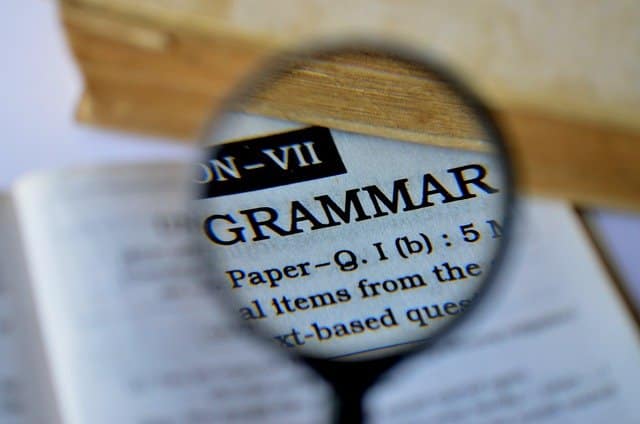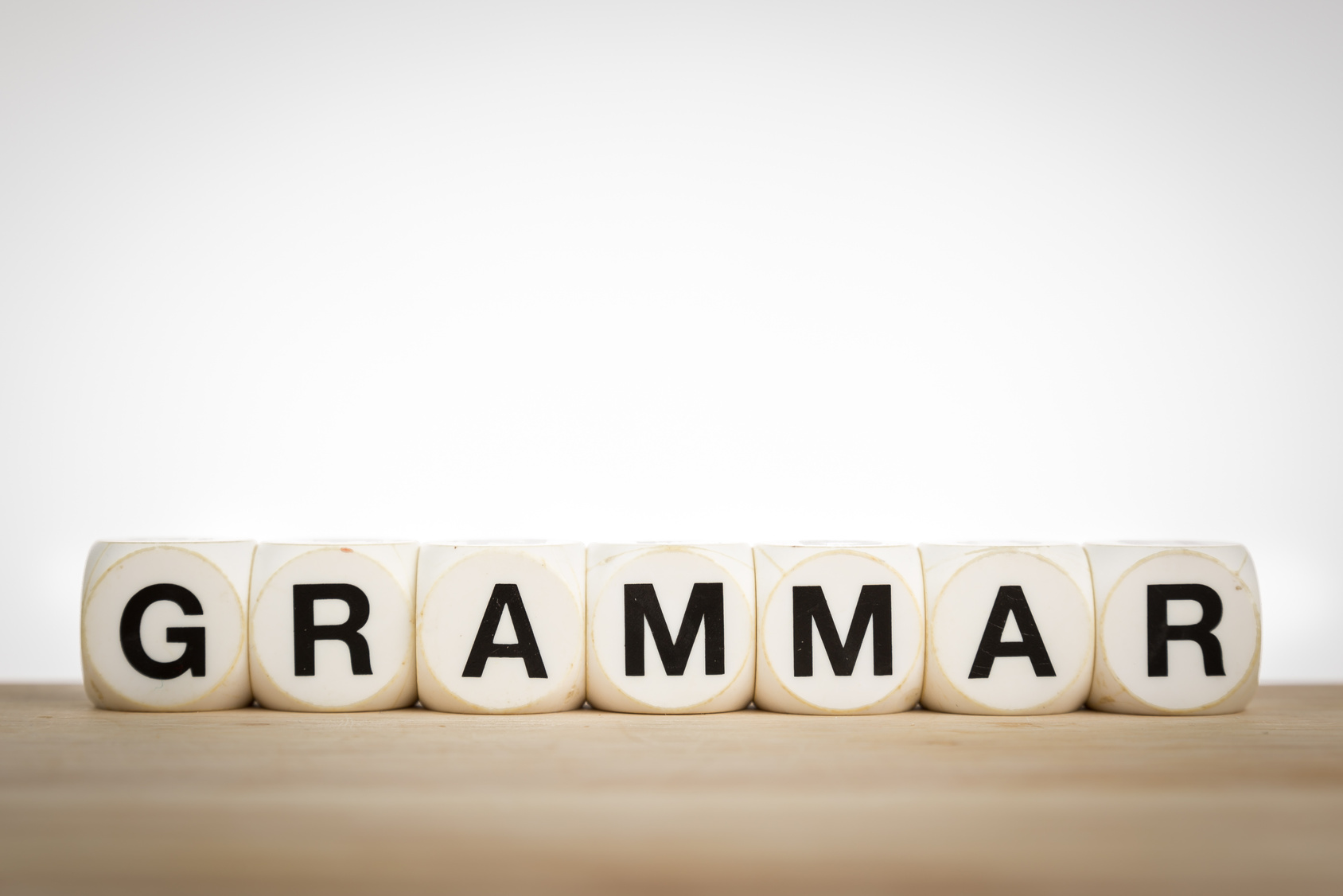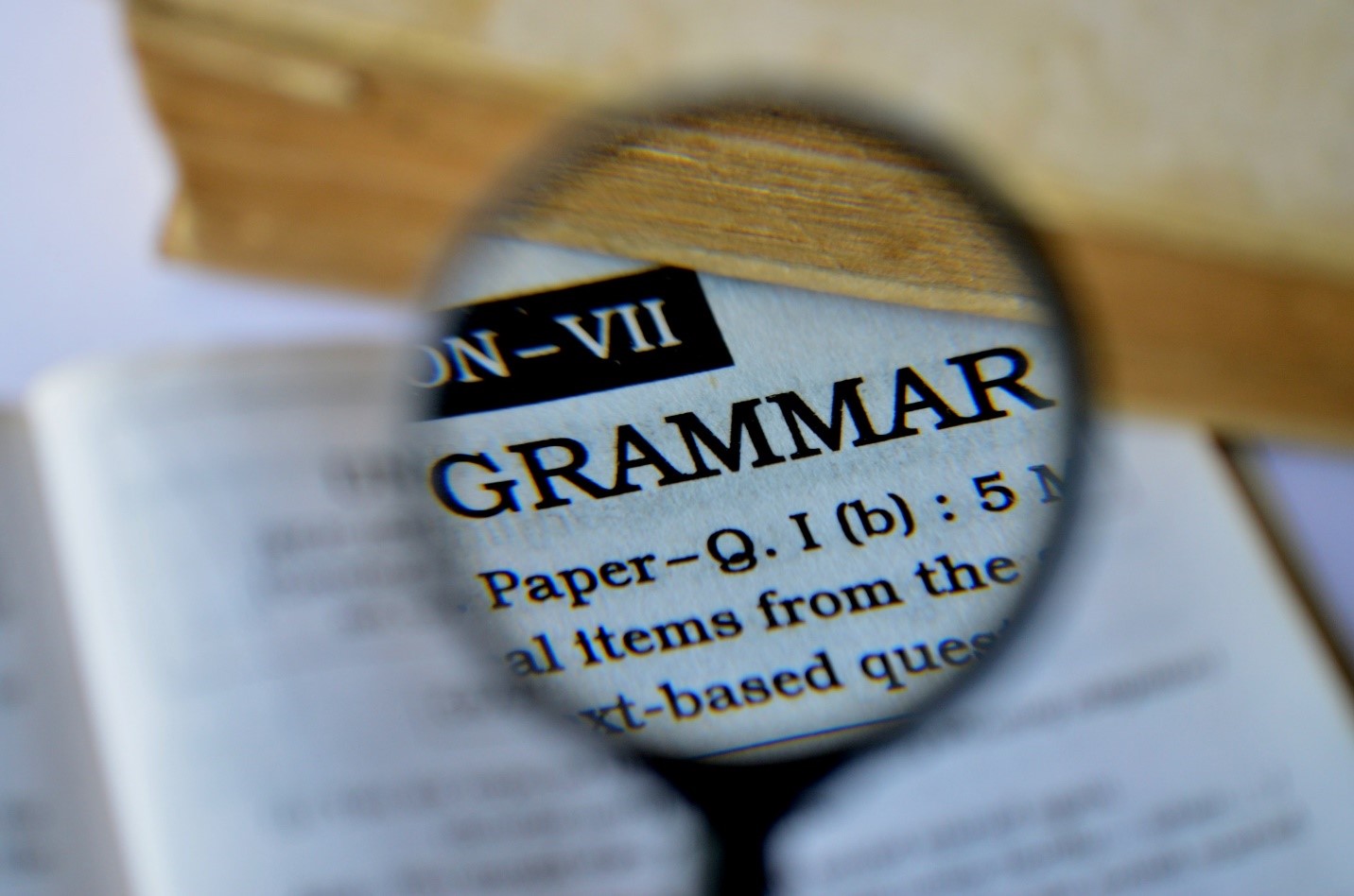
The 7 Worst Grammar Offenders in 2023
THE 7 WORST GRAMMAR OFFENDERS IN 2023
A philosopher once said, “half of good philosophy is good grammar.”— A.P. Martinich
Getting the right message across is crucial in effective writing. Nevertheless, inappropriate grammar can muddle great writing. That is why steering clear of the seven worst grammar offenders in 2023 leads to sharp writing and effective writing.
Here are the seven worst grammar offenders wanted dead or alive. Well, it is better if they are gone for good.
The 7 Worst Grammar Offenders in 2023
1. Subject-verb agreement mistakes
Subject-verb agreement may seem elementary, but it is one of the most common mistakes. Consider this example:
The economy and climate change is the biggest issue in the upcoming election.
In this example, the subject is “the economy and climate change.” As a compound subject, it requires the use of the verb “are” since “are” is used with plural nouns.
All right, this example may seem easy enough. Now, consider this sentence:
The news seem encouraging.
So, what is the problem with this sentence? “News” is an uncountable noun. Therefore, it is considered singular. So, the use of the verb “seem” is inappropriate. The correct form should be “seems,” as “the news” would be the same as “it.”
Be sure to keep an eye on subject-verb agreement, especially with uncountable nouns.
2. Sentence fragments
Sentence fragments are incomplete pieces of language. Sentence fragments often miss a verb, subject, or predicate. Consider this example
A sunny day at the farm.
This sentence is missing a verb and a predicate to complete this idea and turn it into a full sentence.
Now, consider this phrase:
We had a great day. Because we played all day.
In this situation, “Because we played all day” is not a sentence. Instead, it should be the predicate: “We had a great day.” The correct form should be: We had a great day because we played all day.
Now, there is a full sentence that accurately captures the entire idea.
3. Misuse of contractions and apostrophes
It is so common to see misused contractions and apostrophes everywhere.
However, the worst place to find them is in formal writing.
These mistakes are generally confusions regarding which form is the correct one.

For instance, “its” and “it’s” are commonly mistaken. Similarly, “your” and “you’re” are frequently misused.
So, how can confusion be avoided?
Avoiding mistakes with apostrophes and contractions is a matter of paying attention when writing. In particular, taking an extra minute to review contractions when editing is a surefire way to sidestep embarrassing apostrophe mistakes.
4. Passive Voice
Why is the passive voice on this list? After all, using passive voice is not a mistake, or is it?
Using passive voice is a question of style and taste. Nevertheless, overdoing passive voice is something most writers are unconsciously guilty of doing from time to time.
Consider this phrase:
The worker was fired by the company.
What is the issue here?
The phrase would sound much better as “The company fired the worker” since using the active voice makes a direct statement sound clear and concise. Using the passive, particularly when the sentence’s subject is known, can lead to a wordy and confusing phrase.
A good way to use passive voice would sound something like this:
It is alleged that John is responsible for the accident.
This statement makes sense in the passive voice as it is meant to cast doubt on the accusation. Nevertheless, the writer may want to be more direct and indicate who is making the accusation.
The prosecution alleges that John is responsible for the accident.
A good rule of thumb is to use the active voice as much as possible. The passive should be limited to avoid needlessly wordy and ambiguous phrases. Please remember that direct and concise writing trumps overly-inflated prose any day of the week.
5. Dangling modifiers
As the name indicates, “dangling” modifiers hang out in the wind providing little clarity. Consider this example:
Since buying it, his life has been easier.
This sentence is about as ambiguous as it gets. “it” and “his” do not reference a specific person or object, making it virtually impossible to comprehend what the writer is referencing clearly. While the context within the paragraph may reference the person or item, it is a highly confusing phrase nonetheless.
Now, consider this phrase:
Since buying a car, Joe’s life has been easier.
This sentence is much clearer and easier to understand.
Please remember to limit the use of pronouns. It is always best to save pronouns for situations with a clear reference. Otherwise, writers can end up with wordy and vague sentences.
6. Comma splice
The dreaded comma splice refers to using a comma instead of a period to end a sentence. Writers commonly make this mistake, unaware of it.
Check out this example:
Mary played basketball this morning, her team won the game.
In this example, there are two clear sentences separated by a comma. The proper form should be to use a period to separate both sentences, such as: “Mary played basketball this morning. Her team won the game.”

A great rule of thumb for writers is to keep sentences short and sweet.
Long and complex sentences will often lead to confusing and awkward sentences.
Keeping things simple is a hallmark of effective writing.
7. Run-on sentences
The comma splice’s ugly cousin is the run-on sentence. In essence, run-on sentences are too long since they lack punctuation. Thus, adding a period or comma generally solves the issue. Other times, run-on sentences need to be rewritten to make them short and clear.
Consider this situation:
The girls did well on the math test they studied for all week and got the best marks in the entire school.
Reading that sentence is quite a mouthful. So, the best way to make it sound more natural is to break it up like this:
The girls did well on the math test. They studied for it all week. They got the best marks in the entire school.
Elimination of run-on sentences is crucial to avoid rambling prose. Please remember that effective writing must strive to be clear and direct. Avoiding lengthy and confusing phrases is the name of the game.
One Final Thought
When it comes to writing, less is more. That is why keeping things short and sweet is a great game plan. Using overly inflated writing does readers no favors. Clear and concise writing helps readers get to the point. Moreover, precise texts allow writers to pack more content in shorter word counts.
Please remember that effective writers are efficient in their wording. They can make a point using the right number of words.
Related Content
- 0 Comment
Subscribe to Newsletter
- How Can SharePoint Be Used To Organize and Disseminate SOPs?
- Planning the Perfect Genealogy Research Trip: A Step-by-Step Guide
- From Silly to Awesome: How Words Change Meaning Over Time
- The Psychology of Font Choice: How Typography Impacts Content Engagement
- How to Distribute SOPs for Maximum Usability


